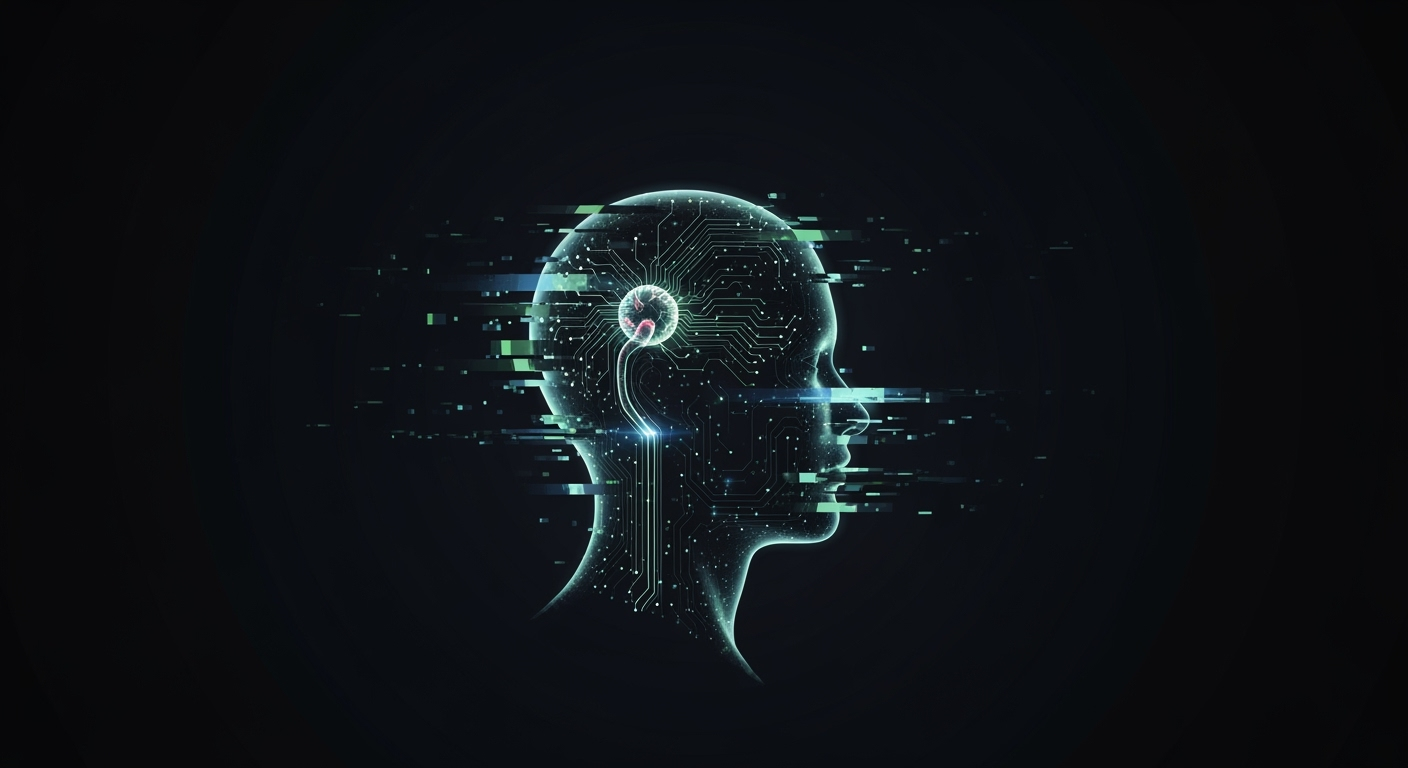AI Deepfakes of Deceased Celebrities Raise New Ethical Questions

AI Deepfakes of Deceased Celebrities Raise New Ethical Questions
As artificial intelligence continues to advance, new ethical dilemmas are emerging—particularly when it comes to recreating the likeness of people who have passed away. Recent developments in AI-generated video, specifically through OpenAI's Sora 2, have reignited debate around the use of deepfakes involving deceased public figures.
Zelda Williams Speaks Out
Zelda Williams, the daughter of late actor Robin Williams, recently took to Instagram to voice her discomfort with AI-generated videos featuring her father. She urged fans to stop sending her deepfakes, stating, "If you’ve got any decency, just stop doing this to him and to me, to everyone even, full stop. It’s dumb, it’s a waste of time and energy, and believe me, it’s NOT what he’d want."

Sora 2 and the New Wave of Deepfakes
OpenAI's Sora 2 and its accompanying social app have quickly become popular for generating highly realistic deepfake videos. While the platform restricts users from creating videos of living individuals without permission, these restrictions do not apply to the deceased—making it possible for users to generate videos of historical figures and celebrities who have passed away.
Videos circulating on the app feature the likenesses of figures such as Martin Luther King, Jr., Franklin Delano Roosevelt, John Lennon, Bob Ross, Alex Trebek, and Robin Williams, among others. However, the criteria for who can and cannot be deepfaked remains unclear, as the app reportedly blocks some recently deceased individuals while allowing others.

Legal and Ethical Gray Areas
One reason for the proliferation of deepfakes of deceased individuals is that, legally, it is not possible to libel the dead in many jurisdictions. This means there are few legal barriers to generating and sharing these videos, even if they may be distressing to loved ones or damaging to the legacies of those depicted.
Despite the lack of legal repercussions, the ethical implications are significant. Deceased individuals have no way to consent or object to their likeness being used, and their families are left to navigate the fallout. As Zelda Williams put it, "To watch the legacies of real people be condensed down to ‘this vaguely looks and sounds like them so that’s enough,’ just so other people can churn out horrible TikTok slop puppeteering them is maddening."
Industry Response and Future Risks
OpenAI has not publicly clarified its stance on deepfakes of the deceased, and the company faces ongoing criticism for what some see as a lax approach to copyright and likeness rights. While Sora includes some guardrails for living individuals, these do not extend to those who have passed away. Other AI platforms currently lag behind Sora in terms of technological realism, but often have even fewer safeguards in place.
As the technology matures, the potential for abuse grows. Without clear ethical standards or regulatory guidance, society risks setting troubling precedents—treating real people, both living and deceased, as mere digital playthings for entertainment or viral content.
Key Takeaways for Business Leaders
- AI-generated deepfakes of deceased individuals present complex ethical challenges, especially regarding consent and legacy.
- Lack of legal protections for the deceased increases reputational and emotional risks for families and brands.
- Businesses leveraging AI media tools must be proactive in establishing clear ethical guidelines for content generation and usage.
References
- Original reporting on ethical challenges of deepfaking the deceased
- Student Press Law Center: Can you libel a dead person?
- Legal precedent: Libel and the deceased
- Sora’s popularity and impact
- Early criticism and examples of deepfakes
- MPA statement on copyright infringement
- OpenAI’s evolving copyright policy
- AI and copyright concerns
- Risks and limits on other AI platforms





